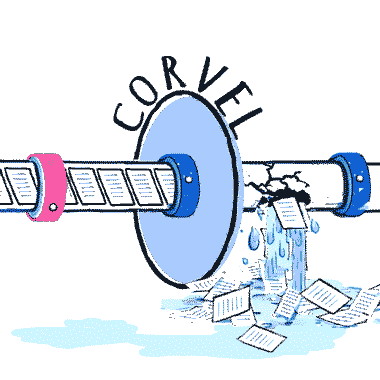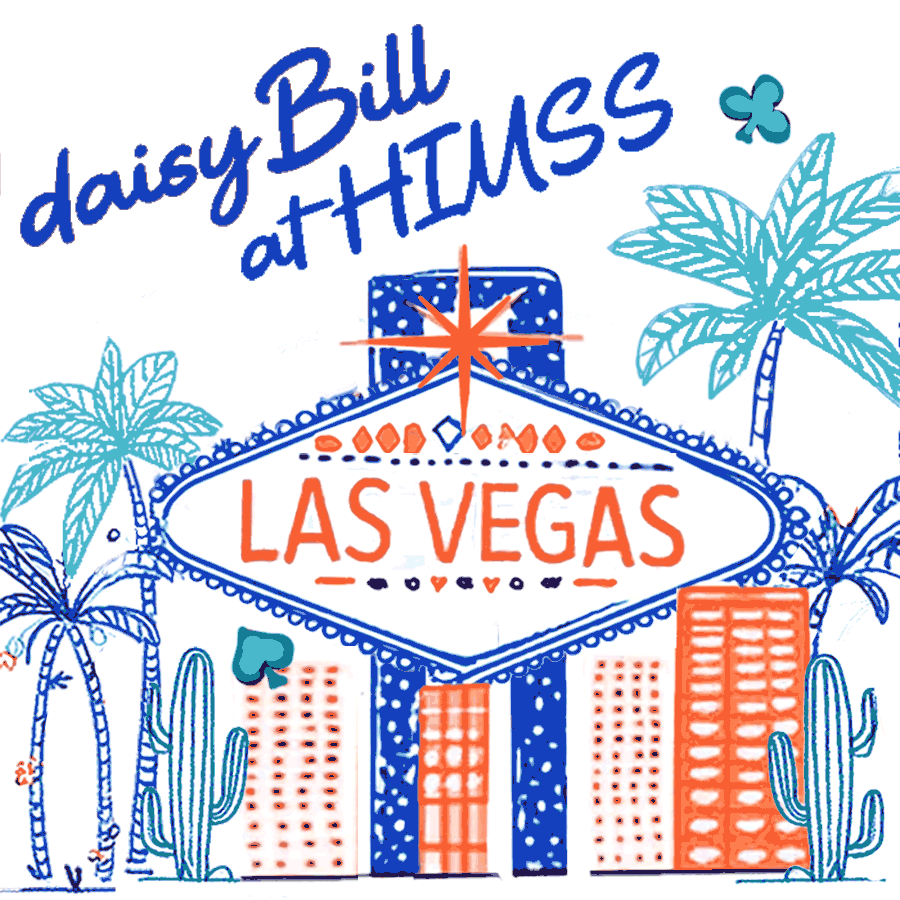How E-Billing Helps Workers' Comp Providers Navigate COVID-19

There was a time when electronic billing was the future of workers’ comp revenue management. COVID-19 accelerated that transition, making e-billing an immediate necessity.
As the pandemic forces providers to go remote, e-billing is a key component of a fully digitized approach that includes telehealth and remote team management. With billing and payment rules subject to constant updating from state authorities, providers need a billing system that can adapt at the speed of virus-induced change.
What Changes With Electronic Billing
Briefly, e-billing improves overall efficiency in the following ways:
- Completely remote authorization, billing, and appeals: With access to the electronic billing software, office staff can request authorization, bill, and appeal from wherever they are — no file room or mailroom necessary.
- Faster payment: The phrase “snail mail” was coined for a reason. Electronic billing means much faster payment, often in days, not months — and an end to overloaded Accounts Receivable.
- Fewer wasted hours: Electronic bill submission is as simple as populating the necessary fields and clicking a few buttons. No need to determine claims administrator addresses, print bills and supporting documents, stuff envelopes, and mail.
- Fewer wasted resources: All that toner, paper, and postage add up — at a cost to the environment as well as to your budget.
- No more “lost” bills: Whether paper bills are truly lost in the mail or just “lost” by the recipients, electronic billing includes confirmed receipt from the claims administrator, by law.
- Quick appeals: When the claims administrator modifies or denies a bill, providers can submit instant Second Review appeals.
With staff on both ends of the transaction reduced and overwhelmed, every ounce of efficiency providers can squeeze out of automated systems is a chance to perform better through the duration of the pandemic. Electronic billing was always a good idea for workers’ comp providers; COVID-19 simply added a new layer of urgency.
Proactively Switching to Electronic Billing
If your office was already considering the switch to e-billing, COVID-19 should be the final reason to stop considering and take action.
Anything that drastically reduces administrative friction and makes revenue management more efficient is a crucial asset in a time of upheaval. The sudden pivot to telehealth won’t be easy — but it can be easier, with the right tools.
This is especially crucial with reduced administrative staff. Provider offices must do more with fewer person-hours, so optimized systems are everything.
E-billing can eliminate hours of unnecessary work, and more accurately guarantee correct reimbursement. This was true before novel coronavirus and will remain true when life returns to something like normal. Quality e-billing software takes the burden of calculation, response tracking, and compliance off the shoulders of staff — leaving your team free to better serve patients.
We cannot know when conventional means of delivering in-person workers’ comp will resume. But conventional paper billing should never resume. Take opportunity from the crisis, and make a positive change to your practice that will outlast the current COVID-19 crisis.
Workers’ comp can work for providers. daisyBill software, data, and expertise makes billing easier, faster, and less costly. Request a free demonstration below.
REQUEST DEMO
DaisyBill provides content as an insightful service to its readers and clients. It does not offer legal advice and cannot guarantee the accuracy or suitability of its content for a particular purpose.
.gif)

